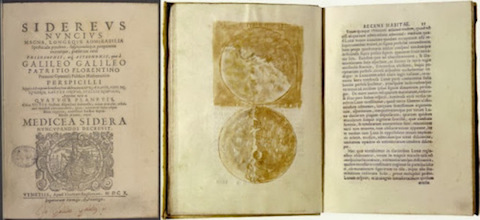I came across the “world culture score index” of “readers around the world”. It was part of an infographic showing the results of a survey asking 1600 Russians what they read. While knowing what Russians read may be interesting I was far more intrigued by the World Culture Score Index and the amount of time people spend reading.
Hours reading per week per person
1. India — 10 hours, 42 minutes
2. Thailand — 9:24
3. China — 8:00
4. Philippines — 7:36
5. Egypt — 7:30
6. Czech Republic — 7:24
7. Russia — 7:06
8. Sweden — 6:54
8. France — 6:54
10. Hungary — 6:48
10. Saudi Arabia — 6:48
12. Hong Kong — 6:42
13. Poland — 6:30
14. Venezuela — 6:24
15. South Africa — 6:18
15. Australia — 6:18
17. Indonesia — 6:00
18. Argentina — 5:54
18. Turkey — 5:54
20. Spain — 5:48
20. Canada — 5:48
22. Germany — 5:42
22. USA — 5:42
24. Italy — 5:36
25. Mexico — 5:30
26. U.K. — 5:18
27. Brazil — 5:12
28. Taiwan — 5:00
29. Japan — 4:06
30. Korea — 3:06
The source of the data was a bit tricky but I found this, which included a note on methodology:
Eventually I found this:
About NOP World Culture Score(TM) …
The Culture Score Index Series is based on further analysis of the NOP World Roper Reports Worldwide(TM) survey, which includes in-depth personal interviews with more than 30,000 people age 13 and older in 30 countries between December 2004 and February 2005. The data are weighted to the sampled population in each country. For more information about the Culture Score Index series.
Wait! What? “in-depth personal interviews with more than 30,000 people”. Really? A short in-depth interview would be 20 minutes. That would mean it took 10 000 hours to interview 30 000 people. A whole year only has 8760 hours!
Then there is the problem of reading. What is reading? Are you reading now? When you glance at Facebook are you reading? Does this fit in to your number of hours reading? Ok, ok so I have many questions about the survey. It’s still a cute list. The problem is that all attempts to define reading are about excluding some form of reading. This exclusion is all about making a value judgement as to what should be – and shouldn’t be – read.
Are we to assume that the Indians in this list are spending over 10 hours on the classics? While the Koreans are so technologically oriented that all they do is dumbly stare at screens?







